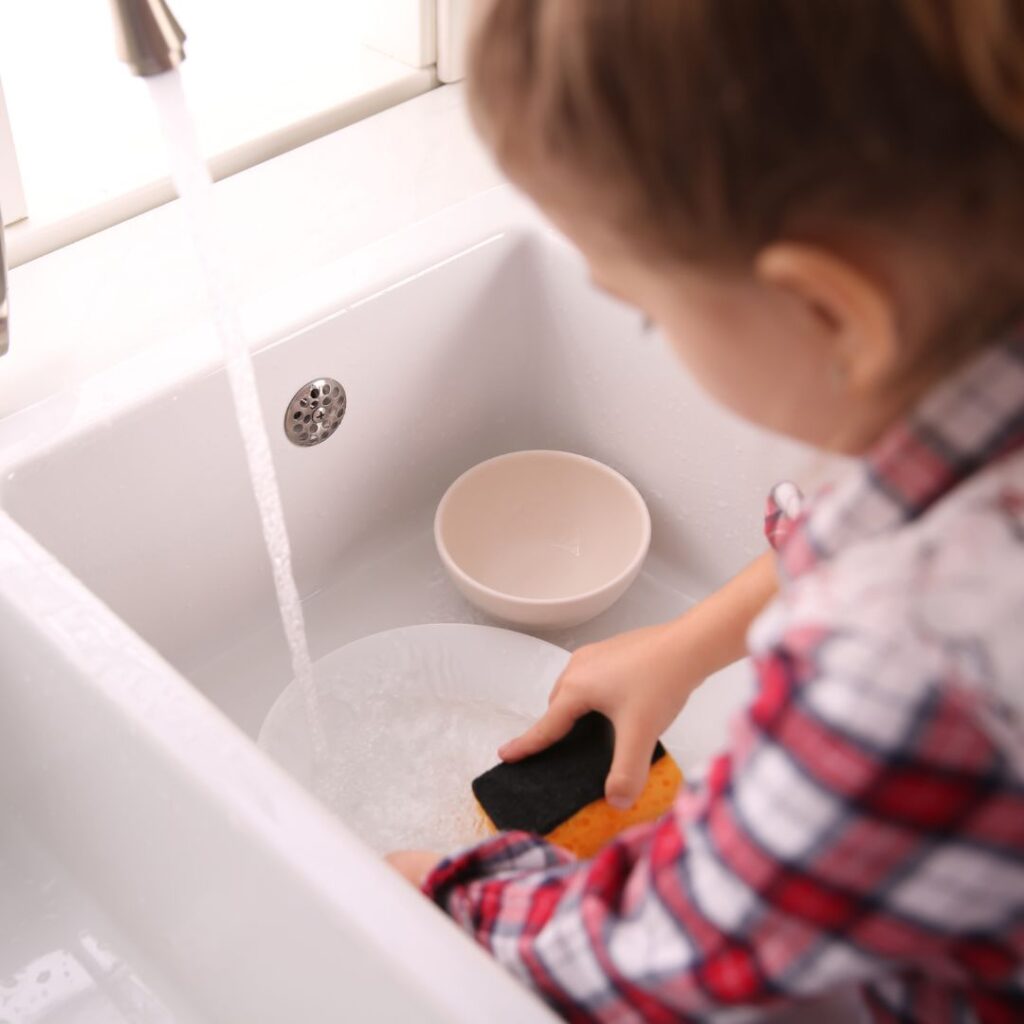10 Practical Tips for Nurturing Independence for Children
Nurturing independence for children, especially our little preschoolers, is crucial for their overall development and future success. Teaching young children independence skills helps their confidence and resilience and teaches them essential life skills that prepare them for the world as they grow up. When young children are encouraged to do tasks independently, such as dress themselves, pour their own juice, or solve their own problems, they develop a sense of accomplishment, which in turn boosts their self-esteem and motivates them to take on new challenges.
Helping your preschooler to become more independent is an important goal for your child. Encouraging independence fosters confidence and self-reliance, which are essential skills as they grow. By allowing your child to make choices and complete tasks on their own, you’re helping them develop problem-solving abilities and a sense of responsibility. It’s important to provide guidance and support while also giving them the space to explore and learn from their experiences. I’ve created a list of ways you can help your child develop more independence and life skills:

10 Practical Tips for Nurturing Independence for Children
1). Take time to teach your preschooler some simple self-help skills. Here are a few to get you started:
- Dressing and undressing on their own.
- Putting on their shoes and socks
- Beginning to tie their shoelaces.
- Brushing their teeth.
- Serving themselves food at the table.
- Pouring their own juice.
These skills may seem simple, but they will boost your child’s confidence when they can master them. Once the simple things are achieved, you can move on to working on more complex skills.
2). Nurture their decision-making skills by giving them choices. When possible, offer them choices within the limits you are okay with. For example, give them the choice of the outfit they want to wear or the snack they want. This nurtures your preschooler’s power need (and helps reduce those power struggles) and builds their decision-making muscle.
3). Help them learn to communicate their thoughts and feelings. Encourage them to tell you what they need or are feeling verbally, instead of using their hands, crying, or screaming.
4). Start assigning age-appropriate chores and delegating small household responsibilities. Preschoolers are much more capable than we often give them credit and teaching independence for children is important during this stage. Here are a few chores you can start working on with your preschooler:
- Putting away their own toys.
- Feeding the family pet.
- Setting the table.
- Sorting and/or folding the laundry.
- Making their bed or folding blankets.
- Dusting the furniture.
- Helping with the cooking.
- Assisting with household tidiness.
Allowing them to participate in household maintenance will boost their confidence and teach them about accountability and responsibility. While it may take extra time for you in the beginning, teaching these seemingly small skills early on will help you streamline your household maintenance in the future once they master them.

Teaching Life Skills for Independence
5). Start teaching your preschooler how to solve their own problems. Of course, they won’t be able to solve every problem independently, but allow them the opportunity to do so for simple problems that arise. For instance, if your child has a sibling that won’t share a toy, sit both down and see if your child and the sibling can agree about how to share the toy. Help guide them to an agreement. Does playing with it together work? How about taking turns? How long should each person be allowed to play with it?
6). Start to teach safety skills and information to your child. Here are some ideas to get you started:
- Teach them to look both ways before crossing the street.
- Explain to them why they need to wear a helmet when they ride their bike.
- Teach them what 911 is and how and when to call. (Be sure to stress that they never call 911 unless there is a real emergency).
- Teach them to memorize your phone number
- Have them memorize their home address.
7). When they find an activity challenging, encourage them to persevere and track their progress over time. Young children often get upset when they can’t do something. As long as the activity is age-appropriate, take these moments to teach them to persevere – such as when learning to ride a bike without training wheels.
8). Teach them how to organize their things. You can teach them which bins their toys go into or exactly where you keep the crayons and allow them to take responsibility for keeping those things organized. If your preschooler goes to Pre-K, they can learn to pack their bag the night before.
9). Allow your child to have lots of independent playtime. Children need to learn to entertain themselves (without screens) when bored or when they don’t have anyone to play with. While I encourage parents to play with their children frequently, children also need to learn how to play and use their imaginations alone. Encourage your child to explore, make up stories, and find ways to play independently.
10). Celebrate when your child learns to do something independently. Don’t gloss over it when your child learns to put on their socks all by themselves. That is quite a feat for little hands, so offer lots of praise when they accomplish these seemingly small tasks – it’s the little things that help us nurture the need for independence for children.
Independence and confidence in children
By learning to do things independently, watch your preschooler’s confidence soar. Remember, these are life skills they are learning at these young ages, and any small task of accomplishment is huge in their eyes. Be their biggest cheerleader as they learn to navigate the world around them, and you’ll give them the foundation for future growth and success.
